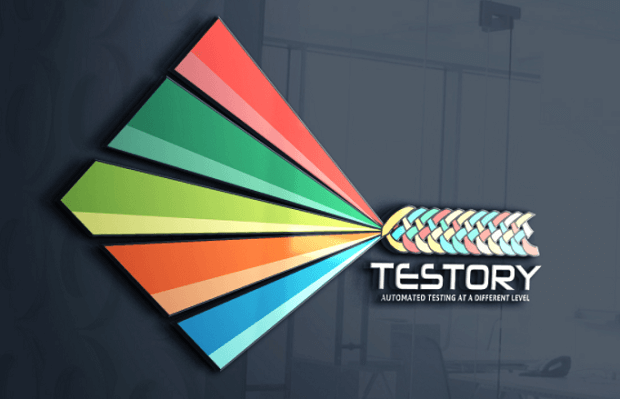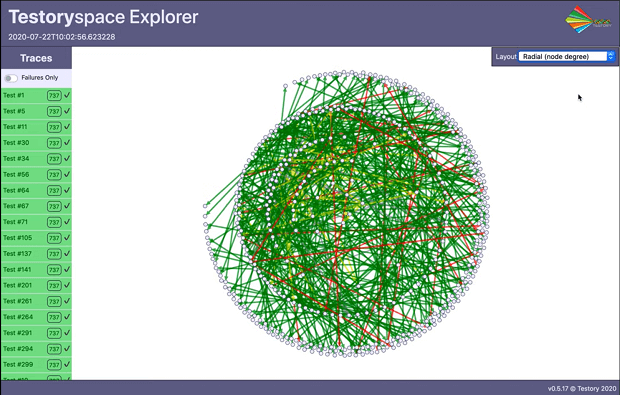TeStory is the company behind TeStoryTracer, a groundbreaking QA platform driving an all-encompassing change in the testing world – enabling QA professionals to define what to test. Below is our recent interview with Dror Elad, CEO of TeStory:

Q: For those who have never heard of it, how would you describe TeStory?
A: Our Story-Based Codeless QA platform is designed to meet the needs of QA professionals, no matter what their level of technical knowledge and expertise may be, to conduct the right testing in less time, resulting in better performing products rolled out into production.
Q: Can you give us more insights into your solution?
A: We build a complete, simulated environment for the system being tested based on deep tech stemming from over 20 years of development and study by our founding members at Ben-Gurion University in Israel. Our platform empowers testers with an intuitive and codeless UI that enables building of the complete System Under Test environment through which automatic testing of all potential behaviors and functionality aspects can be performed. Our platform helps QA professionals by automatically identifying, mapping, generating and prioritizing their test scripts. identifying all the potential behaviors and converting them into a rich and valuable set of test scripts. This unique technology enables our users to build a detailed model of the system environment and how it interacts with the system. Then we test whether the system behaves as expected. We are able to combine multiple, intuitive, and concise scenarios into rich, elaborate, and executable test scenarios. The result is dramatically increased system coverage, improved product quality, reduced costs and human labor, as well as reduced development cycles and time to market.
 Recommended: Scener – A Virtual Movie Theater, Where You Can Interact With Friends Over Video Chat While Enjoying Shows & Movies
Recommended: Scener – A Virtual Movie Theater, Where You Can Interact With Friends Over Video Chat While Enjoying Shows & Movies
Q: How did the idea behind Testory come about?
A: At my first meeting with Professor Gera Weiss, Dr. Achiya Alyasaf and Dr. Michael Bar Sinai, all of Ben Gurion University, we just clicked. The technology they researched, built, and matured would be the best basis upon which TeStory solutions would be developed.
After many discussions about which market would best be served, I jumped at the idea of moving into the testing industry. I knew this technology would provide amazing value there based on my years of experience in the high-tech world.
The testing market is huge. But even though companies spend over $1 trillion annually on testing, a large gap exists between what the existing tools provide vs. what the market actually needs. The reason we say this is because despite all the automation tools, companies still release new products into production with bugs, that impact their clients. The examples are endless – Apple, Uber, Boeing, Heathrow, and many others. We believe our solution will change all that.
Q: What’s the best thing about Testory that people might not know about?
A: When we started talking to the market, we discovered that the level of technical knowledge QA professionals had was spread over a broad spectrum; some having deep technological knowledge and others not. Since we set out to provide a comprehensive solution, we had to invent multiple interface languages that would enable all QAs to interact with our system. So, currently we provide anywhere from a full code-based testing tool to codeless testing; we provide the full range and are continuing to develop additional ways to interact
 Recommended: Shotcall Provides A Platform And Marketplace For Fans To Play Games With Their Favorite People
Recommended: Shotcall Provides A Platform And Marketplace For Fans To Play Games With Their Favorite People
Q: What is next on the roadmap for TeStory?
A: Addressing multiple markets and verticals. We started as a development tool and we’re now expanding into business areas such as ERP, CRM, and Web testing. In the future we plan to address even more complex areas, such as, autonomous decision-making machines, e.g. cars, robots, satellites and much more.
Last Updated on December 29, 2020

